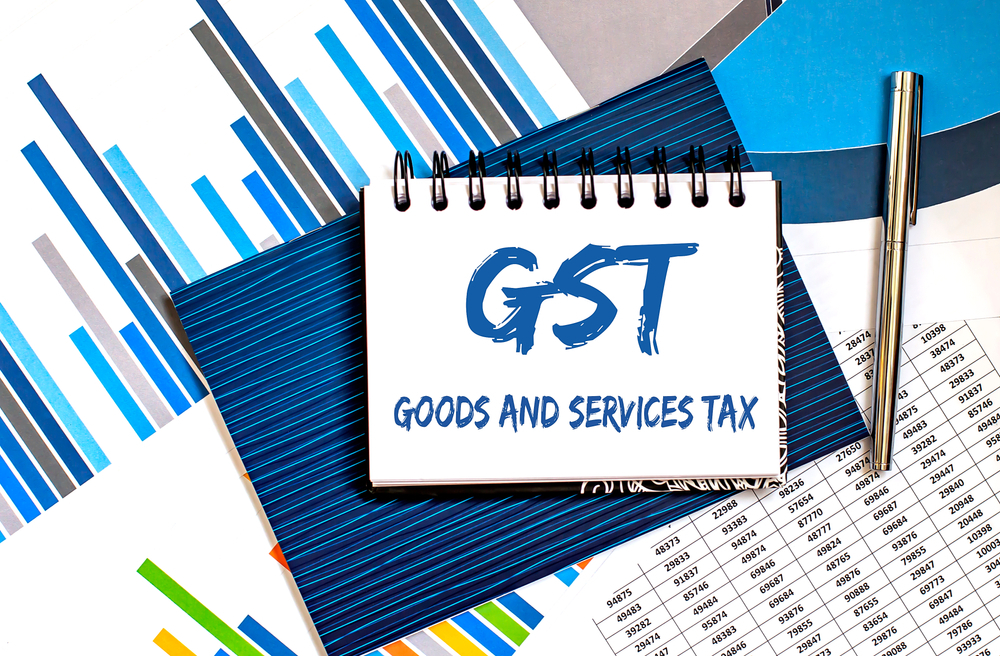
Before we proceed further, let us know What is GST? It is GOODS AND SERVICE TAX , it is Indirect tax levied on Goods and Services.
GST is the Comprehensive Indirect tax that was designed to bring all Indirect taxation under one Umbrella or it subsumes many Indirect taxes which were imposed by Centre and State such as excise , VAT and Service Tax. Why so? Because of GST , it is going to eliminate the Cascading effect of tax i.e tax on tax and this is the biggest advantage of GST.
How Important is GST REGISTRATION
In order to get GST Registration, it simplifies the way to deposit taxes to the government and to claim tax benefit which was earlier paid i.e ITC . In Other Words, Without Registration a person can neither Collect tax from his customers nor claim any ITC of tax paid by him.
By taking Registration, it gives many advantages to taxpayers. He is legally recognized as a Supplier of Goods and Services.
Applicability
According to GST ACT 2017, any businesses with a turnover of Rs 40 lakhs ( earlier it was 20 lakhs) and above must be registered under GST. For North Eastern and Hill States the limit is 20 lakhs (earlier it was 10 lakhs).
Here is the list of certain businesses for which GST Registration is mandatory irrespective of their turnover.
Casual taxable person/ Input Service Distributor
Non Resident Taxable person
Inter State Supplier of goods and Services
Supplier of goods through E commerce portal.
Any Service Provider
Liable to pay tax under Reverse Charge Mechanisms.
GST Registration is PAN Based and State Specific . GST Number has 15 characters .
Now here are many Advantages of GST Registration and little Disadvantages .
The biggest advantages of GST is that it eliminates the Cascading effect of tax that was evident earlier i.e tax on tax.
Legally recognized as Supplier of Goods and Services.
Proper accounting of taxes paid on Input Goods and services that can be utilized for payment of output GST.
Lowered tax burden on industry and trade.
It gives benefit to Small Businesses (upto turnover 75 lakhs) by opting Composition Scheme. By opting this Scheme, it may reduce the Compliance and tax burden.
The entire process of GST is made Online ( i.e from Registration to filing Returns). It becomes a simple and easy procedure to understand.
Number of Compliance is lesser -Earlier, there was VAT and Service Tax each of which had its own returns and Compliances. Now in GST , there are 11 Returns to be filed out of which 2 Returns are basic needs to be filed by every taxable person i.e GSTR 1 and GSTR3B .
Due to GST , the Unorganized Sector becomes Regulated . In the previous Era certain industries in India like Construction and textiles were largely unregulated and unorganized. In GST , there are provisions for Online compliances, payment and for available ITC.
Disadvantages
There are few negligible disadvantages
Increase cost due to software purchase i.e accounting and ERP software.
Not in order to go with GST Compliance, it may attract penalties.
What is ITR? Who should file ITR?
15 Jun 2022Copyright 2023 RBG Consultant Inc. All Rights Reserved.

